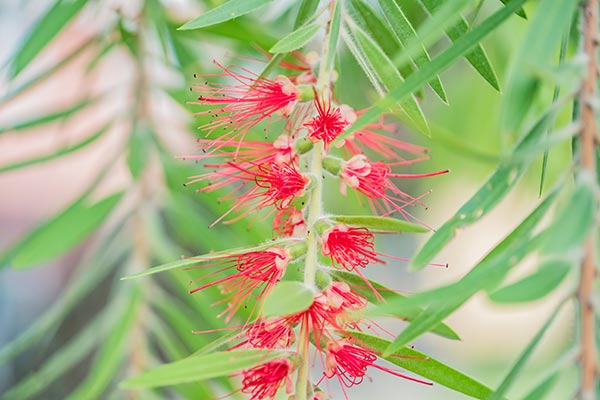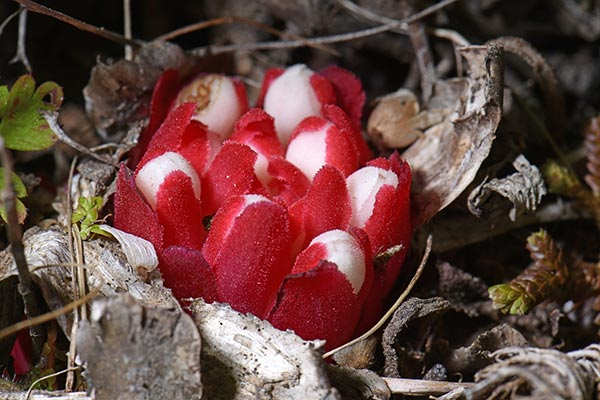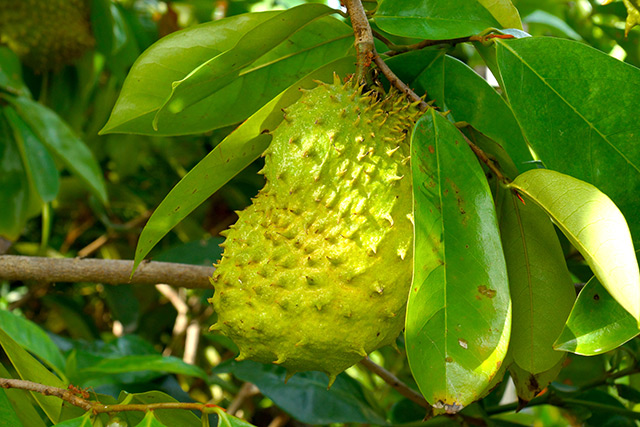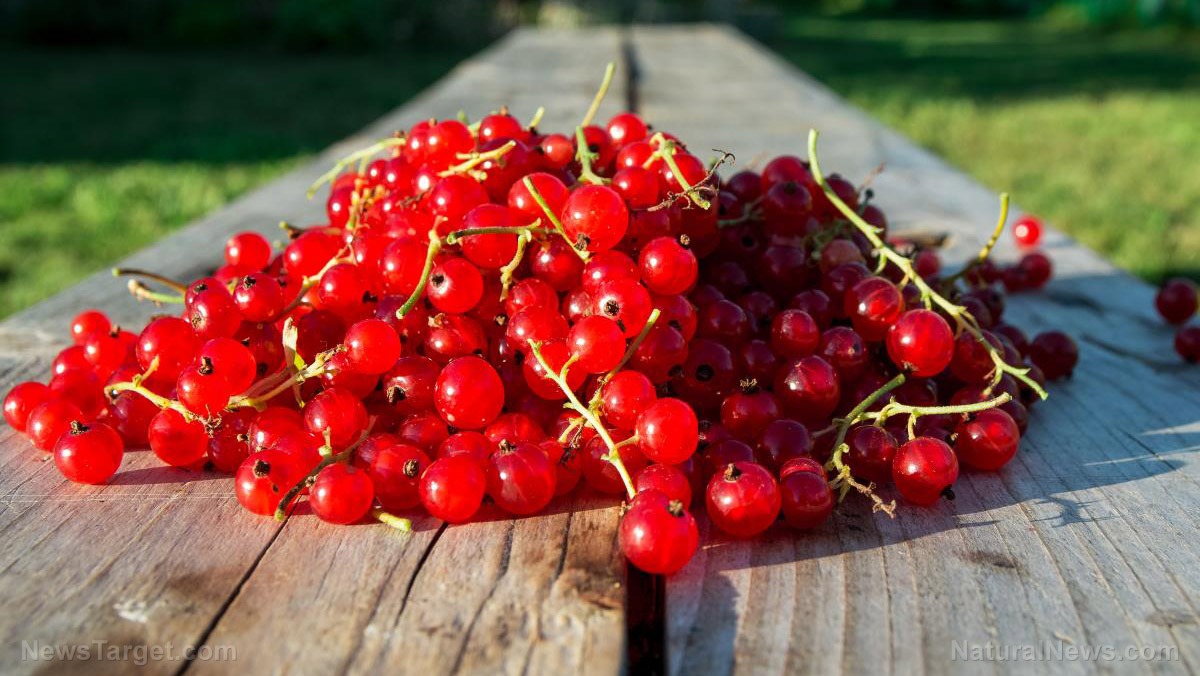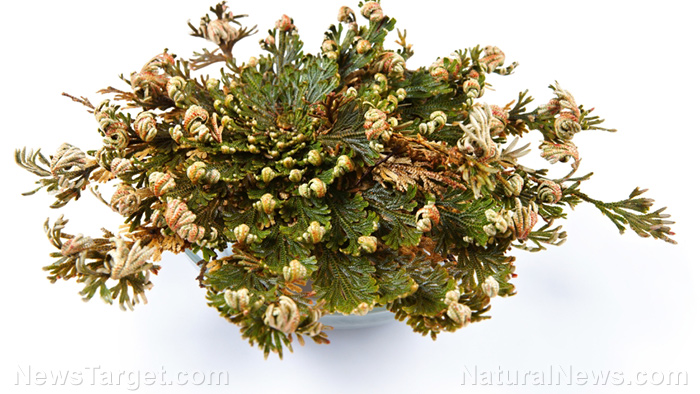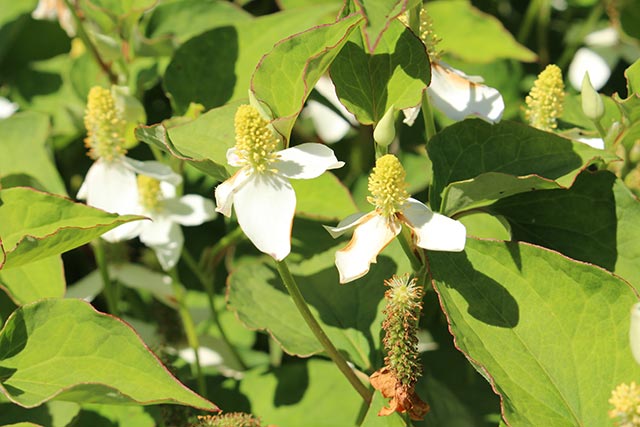Cordyceps can boost immunity and prevent inflammation in adults
12/17/2019 / By Evangelyn Rodriguez

Cordyceps refers to a genus of small mushrooms considered as essential herbs in traditional Chinese medicine (TCM). They are used to treat various health problems, such as asthma, diabetic kidney disease, and lung fibrosis. Most Cordyceps species are endoparasitic, meaning they live inside their host. These fungi prey on the larvae of insects and have a nasty habit of making zombies out of them. In a recent study, researchers from South Korea reported that extracts from Paecilomyces hepiali, a fungus isolated from a Cordyceps species C. sinensis, have health-promoting benefits. These extracts, called (CBG-CS-2), can safely be used as supplements to enhance the function of the immune system.
CBG-CS-2 can boost the immune system of healthy adults
The Cordyceps species most commonly used in TCM is known for its various biological activities, particularly its immune-enhancing effects. C. sinensis is considered a wild mushroom and is grown around the Himalayas, as well as in other parts of China with high altitudes. However, collecting large amounts of these fungi proved to be difficult and necessitated the development of artificial production technologies to mass-produce these beneficial mushrooms.
P. hepiali, a fungal strain cultured from the mycelium of C. sinensis, is a product of this advancement. According to studies, extracts from P. hepiali are abundant in the same phytochemicals present in C. sinensis. These plant compounds are what gives the parasitic fungus its therapeutic properties, which include anti-aging, anti-cancer, anti-inflammatory, anti-microbial, antioxidant, and anti-hyperlipidemic activities, among others.
For their study, the researchers decided to investigate the efficacy of P. hepiali culture extracts in enhancing the immune system, as well as to evaluate its safety in humans. They recruited 79 healthy adults and divided them into two groups. 39 adults comprised the intervention group, while 40 adults comprised the control group.
The intervention group received 1.68 grams per day of CBG-CS-2 in capsule form for eight weeks, while the control group did not. The researchers assessed the activities of natural killer (NK) cells and the serum levels of monocyte-derived mediators before the treatment and after eight weeks.
They reported that, compared with the control group, the intervention group showed a significant enhancement of NK cell cytotoxic activity after eight weeks of treatment. NK cells are white blood cells best-known for containing viral infections as part of the immune response. Their increased activity in subjects who took CBG-CS-2 confirmed the supplement’s enhancing effects on immune function.
Based on their findings, the researchers concluded that the immune system functions well with CBG-CS-2 supplementation and that the Cordyceps extract is a safe and effective way of enhancing cell-mediated immunity in healthy adults. (Related: Cordyceps offers many health benefits and has been used medicinally for centuries.)
Health benefits of Cordyceps mushrooms
C. sinensis and C. militaris are two of the most extensively studied species of Cordyceps found in nature. Although technically not mushrooms — they are only closely related to mushrooms — both are considered as such because of their use and classification in TCM. Extracts from C. sinensis and C. militaris are often incorporated into health supplements and are associated with a wide range of health benefits, such as:
- Anti-tumor properties
- Cardio-protective properties
- Cholesterol-lowering properties
- Decreased blood sugar levels
- Enhanced physical performance
- Longevity
- Reduced inflammation
The exotic Cordyceps mushrooms have a long history of use as treatments for various ailments. However, while their safety is vouched for by their widespread use in TCM, it is still advisable to consult with your health care provider before taking them. This will avoid unnecessary reactions with any medications you are currently taking and ensure your safety.
Sources include:
BMCComplementAlternMed.BiomedCentral.com 1
Tagged Under: alternative medicine, anti-aging, anti-inflammatory, anti-microbial, antioxidants, Cordyceps, herbal medicine, Herbs, immune system, inflammation, longevity, Mushrooms, natural cures, natural medicine, phytonutrients, prevention, remedies, research, supplements, TCM, traditional Chinese medicine
RECENT NEWS & ARTICLES
COPYRIGHT © 2017 PHYTONUTRIENTS NEWS




